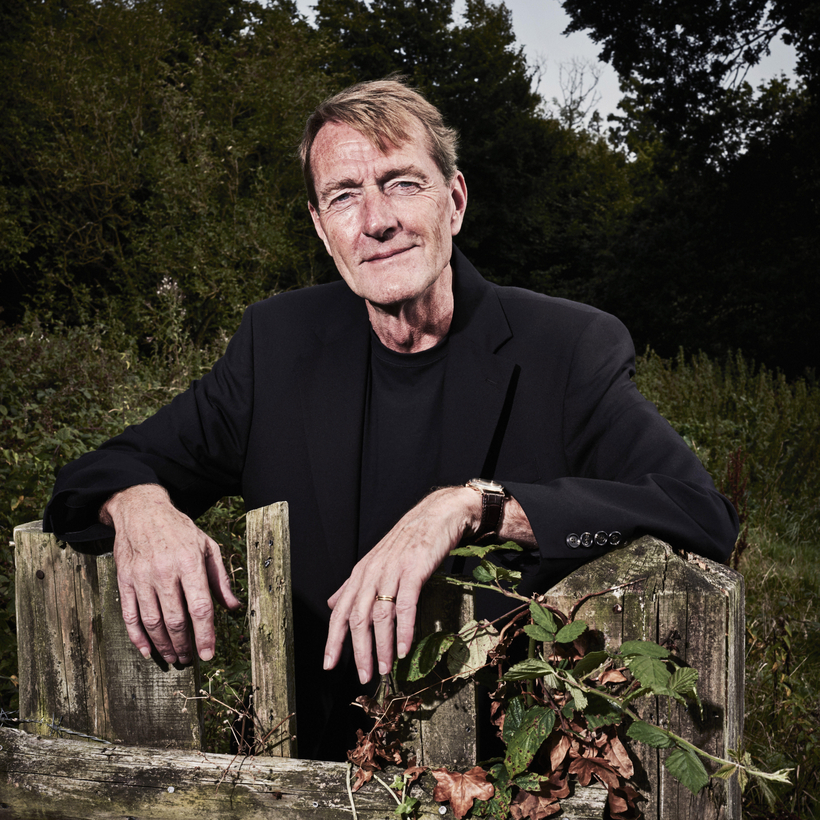Inside Lee Child’s immaculate apartment on New York’s Upper West Side hangs a painting by Pierre-Auguste Renoir. It’s all poppies and peonies. Beneath it lies a hand-axe dating back 250,000 years. “Feel how perfectly the weapon sits in your palm,” encourages the thriller writer. It’s just the sort of thing Jack Reacher would use to bash in the brains of a baddie before hitchhiking the hell out of town.
Reacher is the military policeman-turned-vigilante hero in Child’s phenomenally popular books. The series has sold more than 100m copies, making Child very rich.

